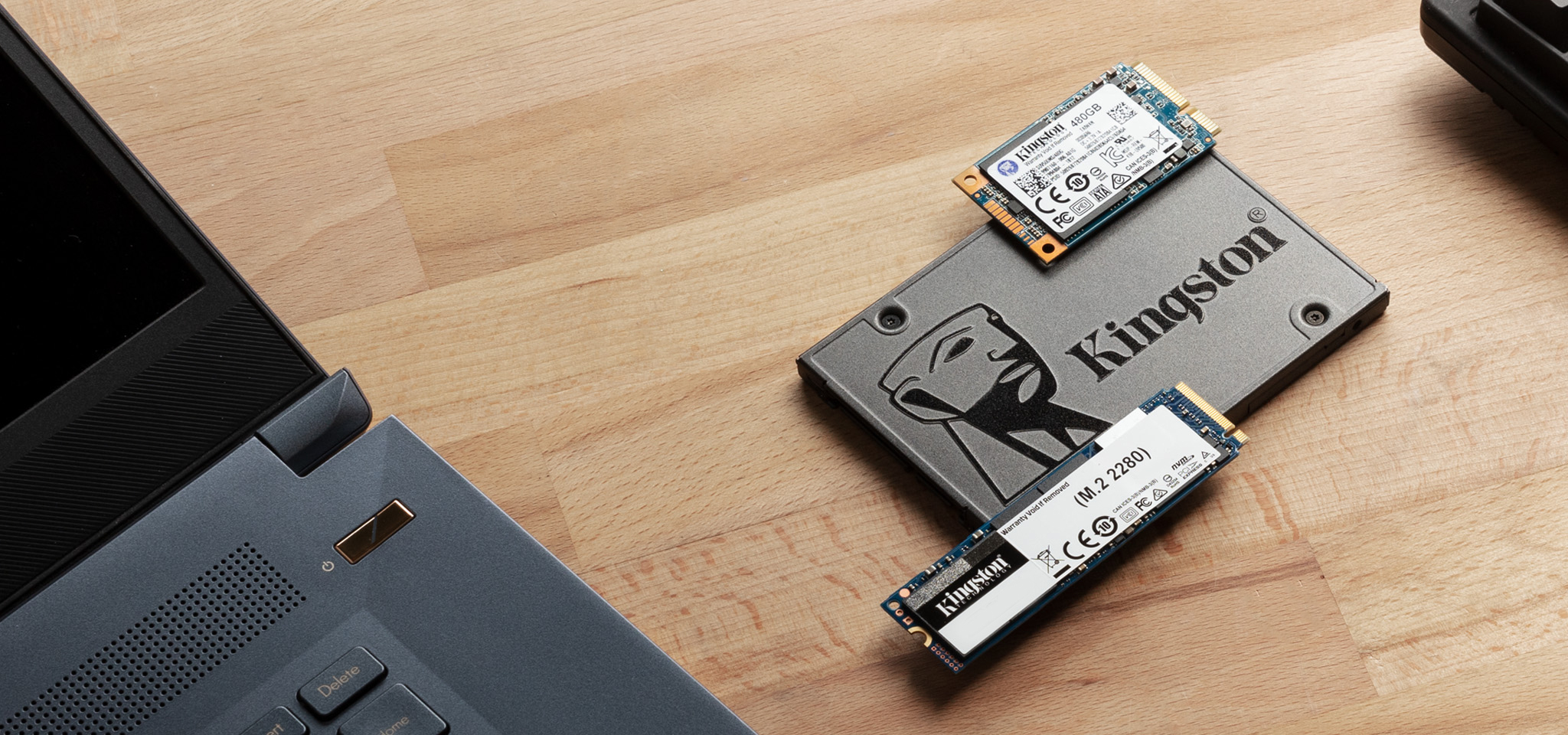Solid State Drive (SSD) is a type of computer memory storage device that stores data using integrated circuit assemblies as memory, as opposed to the traditional electromechanical magnetic disks. An SSD enables faster data read/write speeds and reduced energy consumption when compared to the traditional hard disk drive.
SSDs consist of various components such as an array of flash memory chips, a controller, and an edge connector. Compared to the traditional hard disk drive (HDD), the most noticeable difference between an SSD and HDD is that there are no moving parts. In an SSD, data is stored directly on the NAND flash memory chips, which are non-volatile flash memory chips that hold data even if the power is turned off.
An SSD is significantly faster than an HDD; it can deliver read/write speeds of up to 1000 MB/s on sequential reads and over 800 MB/s on sequential writes. SSDs also have lower access latencies, allowing applications to run faster and smoother. Additionally, an SSD consumes less energy than an HDD and produces less heat, making it much more suitable for laptops and other mobile devices where size and battery life are a concern.
Overall, an SSD has the capability to dramatically improve the performance of a computer system. It has become the preferred method of storage for many professionals and consumers due to its high speed, energy efficiency, and reliability.





